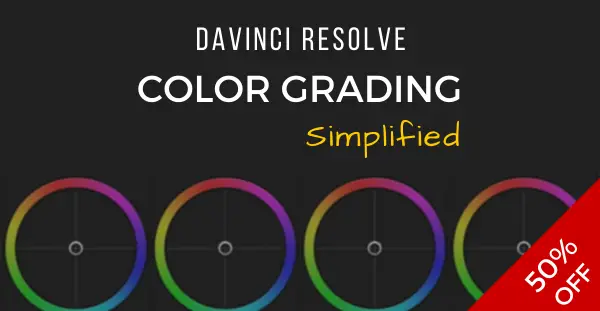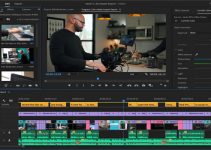Camera lens filters are often an extremely useful accessory on set that can not only improve your overall images, but they can also help you set a particular look or even change the entire mood and tone of your production. Knowing the ins and outs of different types of filters is an essential skill, that can make your life as a filmmaker or DP much easier on set, especially when you’re going after a certain in-camera look. Lauren Haroutunian of RocketJump Film School breaks down the most common types of filters in the comprehensive video below.
Regarding filtration, one of the most popular filters that you might eventually need in your day-to-day workflow are diffusion filters. A great example of diffusion filter is the soft filter. Typically, the latter is used to affects the sharpness of your image. Instead of blurring it, however, a soft diffusion filter can soften the hard edges of your image that might be produced by the lens you are using. Just like any other type of filter, diffusion filters also come in varying degrees of strength. As-a-rule-of-thumb, try to have at least three of four different variations of these in your backpack. You might never know which one of those will be utilised on set.
Another type of filter is the so-called black frost filter. Usually, this type of filter uses the diffusion of light to bring up the exposure in the dark parts of your image without loosing integrity in the shadow areas. The filter that combines both functionalities of a soft filter and black frost filter is also known as the Hollywood Black Magic filter.
There are also lens filters specifically designed for digital cameras such as the Digicon filter by Schneider. Similar to the black frost filter, this one also brings up the exposure in the dark parts of your image thus helping you to capture wider dynamic range when filming by a couple of stops. In other words, a Digicon filters can help filmmakers that are using digital cameras to emulate a look that is closer to the conventional film cameras.
Polarizers are another type of filters that work by reducing the amount of reflected light that passes through your camera’s sensor. Similar to polarizing sunglasses, polarizers will make skies appear deeper blue, will reduce glare and reflections of water and other surfaces, and will minimise the contrast between land and sky. Overall, when used purposefully, a polarizing filter can heighten the drama and make your images more appealing to your audience.
At last but not least, come the Neutral Density filters. ND filters are among most popular and commonly used filters as they can cut the amount of light that comes into your camera. ND filters allow you greater control over the exposure settings of your camera, especially when you are shooting outdoors or in places where there is a lot of light. There are also graduated ND filters that can only affect a certain part of the image while leaving the rest areas intact.
Ultimately, there are also haze and UV filters, cool and warm filters, graduated color filters, linear and circular polarizing filters and many other types for almost every occasion. Choosing the right one for the job will help you to enhance the overall visuals of your production and tell your story better while pushing your image in the desired direction.
[source: RocketJump Film School]
B&H Order Links:
Graduated Neutral Density Filters
Light Balancing & Color Conversion Filters
Disclaimer: As an Amazon Associate partner and participant in B&H and Adorama Affiliate programmes, we earn a small comission from each purchase made through the affiliate links listed above at no additional cost to you.
Claim your copy of DAVINCI RESOLVE - SIMPLIFIED COURSE with 50% off! Get Instant Access!




